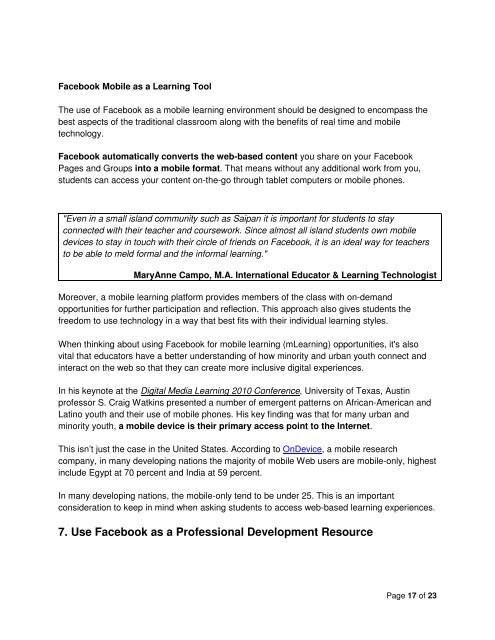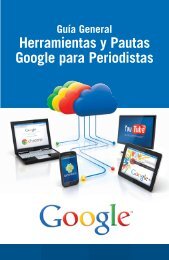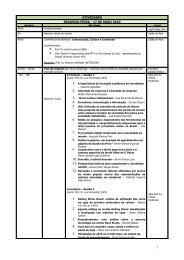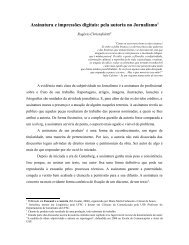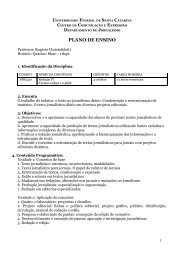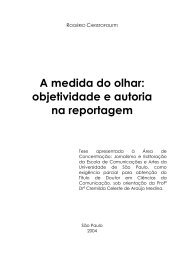Facebook for Educators - Internet Safety Wiki
Facebook for Educators - Internet Safety Wiki
Facebook for Educators - Internet Safety Wiki
Create successful ePaper yourself
Turn your PDF publications into a flip-book with our unique Google optimized e-Paper software.
<strong>Facebook</strong> Mobile as a Learning ToolThe use of <strong>Facebook</strong> as a mobile learning environment should be designed to encompass thebest aspects of the traditional classroom along with the benefits of real time and mobiletechnology.<strong>Facebook</strong> automatically converts the web-based content you share on your <strong>Facebook</strong>Pages and Groups into a mobile <strong>for</strong>mat. That means without any additional work from you,students can access your content on-the-go through tablet computers or mobile phones."Even in a small island community such as Saipan it is important <strong>for</strong> students to stayconnected with their teacher and coursework. Since almost all island students own mobiledevices to stay in touch with their circle of friends on <strong>Facebook</strong>, it is an ideal way <strong>for</strong> teachersto be able to meld <strong>for</strong>mal and the in<strong>for</strong>mal learning."MaryAnne Campo, M.A. International Educator & Learning TechnologistMoreover, a mobile learning plat<strong>for</strong>m provides members of the class with on-demandopportunities <strong>for</strong> further participation and reflection. This approach also gives students thefreedom to use technology in a way that best fits with their individual learning styles.When thinking about using <strong>Facebook</strong> <strong>for</strong> mobile learning (mLearning) opportunities, it's alsovital that educators have a better understanding of how minority and urban youth connect andinteract on the web so that they can create more inclusive digital experiences.In his keynote at the Digital Media Learning 2010 Conference, University of Texas, Austinprofessor S. Craig Watkins presented a number of emergent patterns on African-American andLatino youth and their use of mobile phones. His key finding was that <strong>for</strong> many urban andminority youth, a mobile device is their primary access point to the <strong>Internet</strong>.This isn’t just the case in the United States. According to OnDevice, a mobile researchcompany, in many developing nations the majority of mobile Web users are mobile-only, highestinclude Egypt at 70 percent and India at 59 percent.In many developing nations, the mobile-only tend to be under 25. This is an importantconsideration to keep in mind when asking students to access web-based learning experiences.7. Use <strong>Facebook</strong> as a Professional Development ResourcePage 17 of 23


